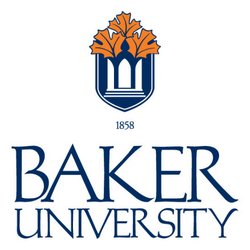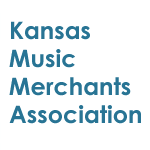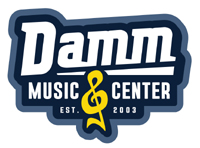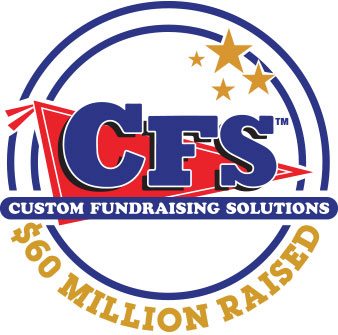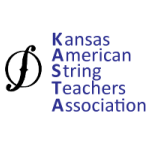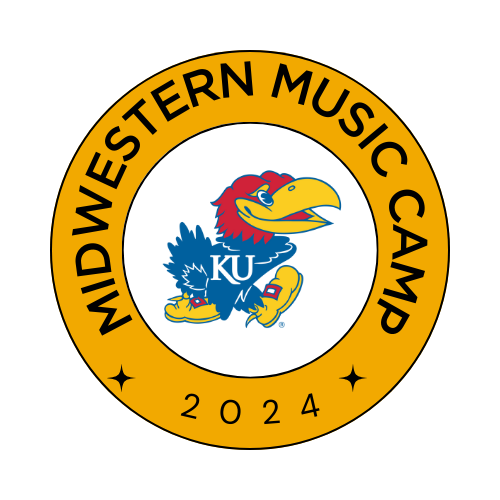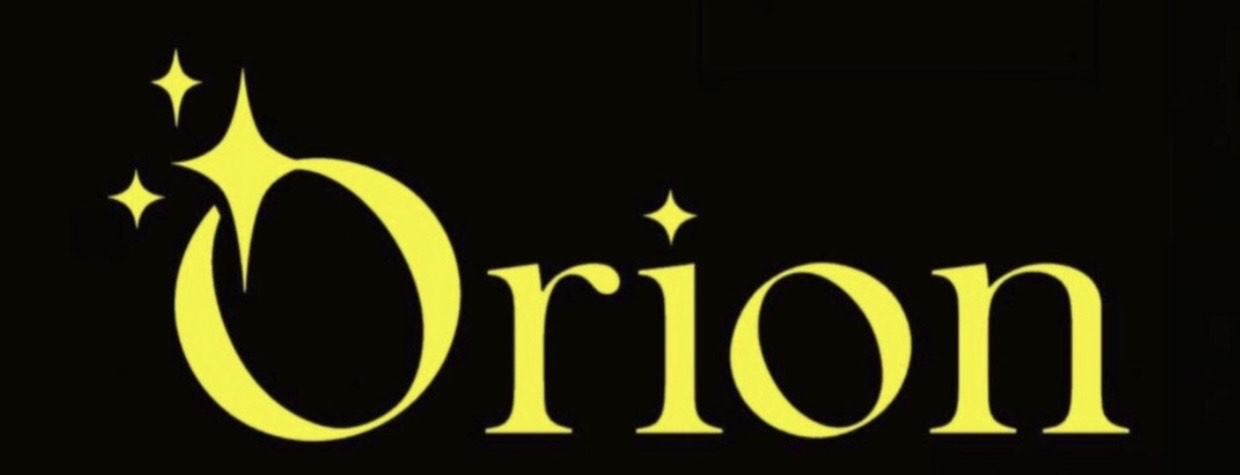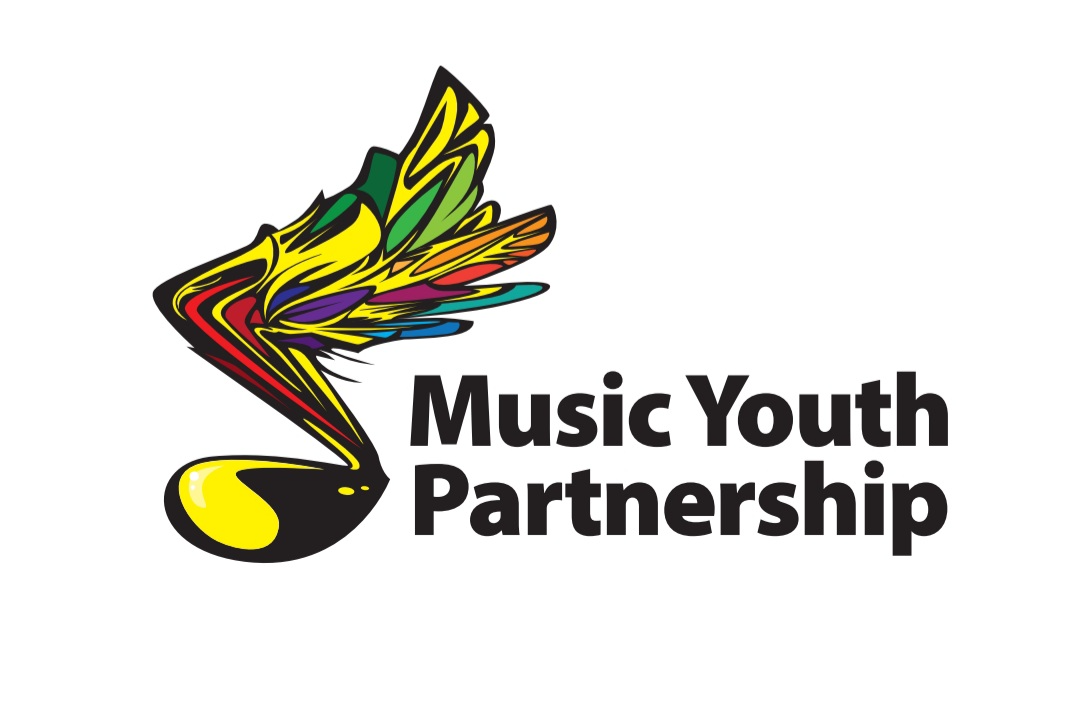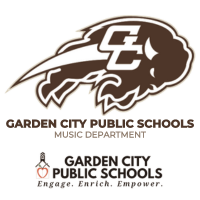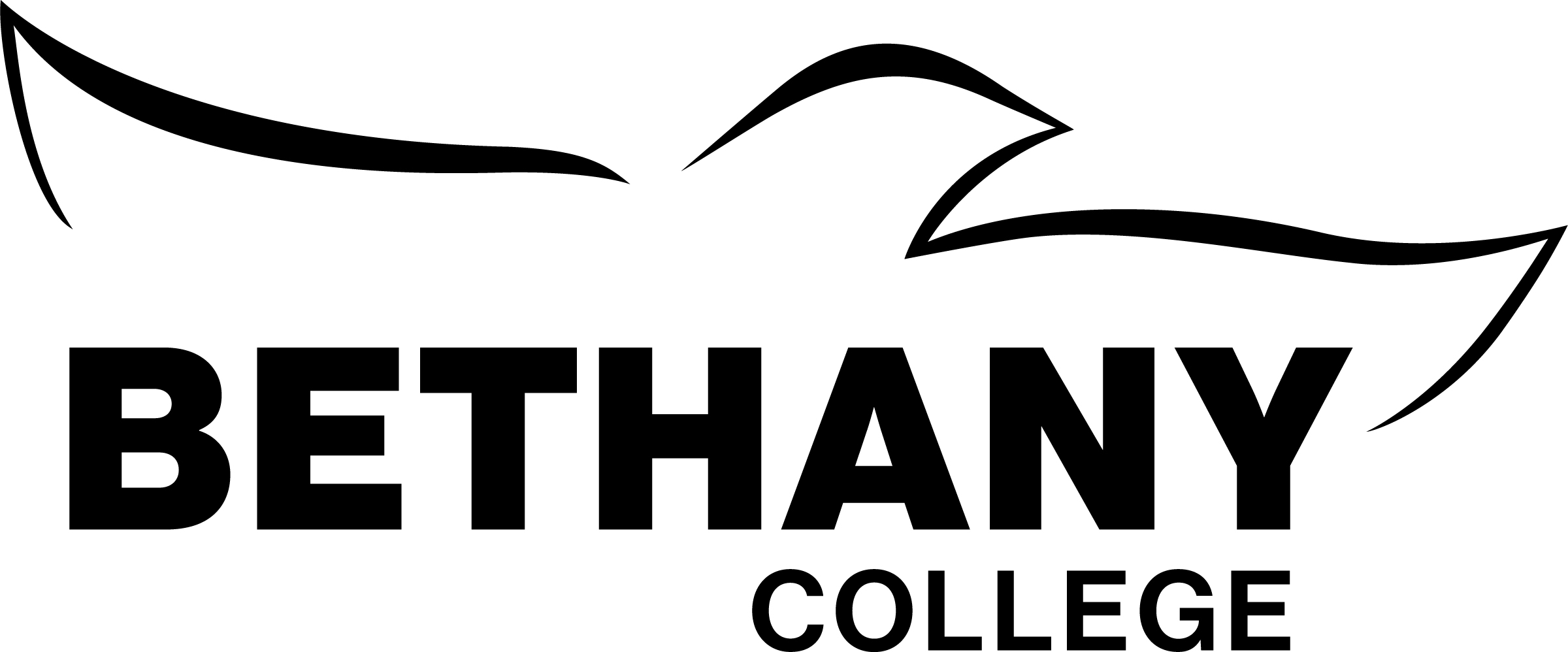
Here we go again – another season of festivals has begun. In order to help our festivals run as smoothly as possible and to make them beneficial for the students, we ask that you remind yourselves of some of the key rules found within the KSHSAA handbook. By following these rules, your students’ experiences will be enjoyable and inspire their musical growth.
Volunteers May Not Coach or Assist: KSHSAA Rule 10 – QUALIFICATIONS OF COACHES (ATHLETIC OR SPEECH) AND MUSIC DIRECTORS makes it clear every person employed as a coach or assistant coach of athletics or speech, or as a music director for a member school, must be certified to teach in compliance with standards established by the State Board of Education. It further stipulates that in an emergency, a member school may apply to the KSHSAA for a waiver of the requirement of employing a certified teacher and for permission to employ coaches/directors aides. Aides must be employed before they are privileged to work with our youth in interscholastic activities during practice sessions and/or during competition.
Volunteers may not be used as coaches or assistant coaches. In order to work with school teams, individuals must be under contract to the school. The same is true of aides, as they too must be employed if they desire to work with youth in practice sessions and/or during the time students are involved in interscholastic competition. Coaches aides need to be approved by the KSHSAA (see Rule 10-1-3).

Rule 28-1-1 Sets Guidelines for Large Music Groups and Athletics
The KSHSAA Handbook Rule 28-1-1, page 36, reads:
Art. 1: Athletic events for any student who has been or is a member of a large instrumental or vocal group are not approved prior to 6 p.m. on a school day of regional or state music festivals if these groups are entered in the festival. This applies only on the school day a school’s music festival is scheduled for large instrumental or vocal groups.
This year, the rule will apply for those schools whose large groups are scheduled for April 10-11, and for those students who are, or were, members of large groups on the day their school is entered.
Middle/Jr. High School Students are Ineligible for High School Teams
Bona Fide Student Rule 14-1-1 requires a student to be a bona fide undergraduate member of his or her school and in good standing in order to be eligible for interscholastic activities. This prohibits grade school/middle school/junior high school students (grades 7 & 8) from practicing with or participating on a high school athletic team in their community since they are not bona fide students of that particular senior high school.
Ninth Grade Exception is listed under JUNIOR HIGH PARTICIPATION IN INTERSCHOLASTIC ACTIVITIES as follows: Rule 8; Section 2— Senior High Regulations
Art. 1: All ninth grade students who are counted in the total enrollment of a senior high school or who are a part of the same school system under the same board of education or school board as the senior high school, shall be eligible to compete in interscholastic activities in that senior high school.
However, ninth grade students who participate in a senior high school activity as members of a senior high school group shall not be eligible to participate with seventh and eighth grade students in that activity. (Exception: See Rule 29-3-2, Cooperative Agreement.)
Junior High, Middle School, Elementary Grades (7, 8 or 9) Participation in Interscholastic Activities Rule 8-3-3 provides an exception in music activities if it meets the requirements of the regulation which reads as follows: Elementary students of the same school system, or of an elementary school that lies wholly within an organized high school district, may participate in bands, orchestras, choruses or glee clubs representing member high schools without affecting their eligibility after they become high school students. . . .
EXCEPTION— Age Requirements Rule 17-3-5 also allows participation as follows: A seventh or eighth grade junior high school student in a two-year junior high school, who has reached the age of 15 on or before August 1, or a ninth grade junior high school student, may participate on a senior high school team with the approval of both principals provided both schools are under the same board of education or school board. A student who moves up under the regulation shall be ineligible for further middle/junior high competition in that sport.
NOTE: If this rule is to apply, the middle/junior high school must be a member of the KSHSAA, as it relates to moving students from the eighth (due to age) or the ninth grade up to the high school.
Rules for Accompanists
Sec. 8 Accompanists
- The same accompanist may not be used at two different music festival sites on the same day.
- It is strongly recommended that accompanists limit their events to less than 20.
- No accompanist may play for more than 30 events.
- There is no charge for piano or non-piano accompanists of vocal or instrumental entries.
- It is important to accurately list your accompanists’ names.
- Eliminating schedule conflicts depends on accuracy.
Music Festival Reminder
Regionals — Solos and Small Ensembles March 30 or April 6; entry deadline: March 8 or March 15
State — Large Groups April 10-11; entry deadline: March 19
State — Solos and Small Ensembles– April 27; entry deadline: April 2 or April 9
Site assignments, host schools and managers, dates and classifications for the Regional Music Festivals are listed at www. kshsaa.org>Non-Athletic>Music.
All music entries must be done online using the Festival Manager.
Refer to Music Manual page 12, section 8 for additional reminders and clarification. Percussion groups comprised primarily of novelty instruments are not to participate at regional and state festivals. Vocal and instrumental students performing show tunes and/or jazz literature are not to participate at regional and state festivals.
Standards for Ratings
The concept of regional festival qualification for state music festival participation implies that greater perfection in performance will be expected at the state level than at the regional. This is not a double standard but an increase of expectations. KSHSAA rating forms will be used at all festivals. The following standards of the Five-Rating Plan will assist in arriving at ratings for performances. Use no plus or minus signs with ratings.
Rating I—An outstanding performance, with few technical errors and exemplifying a truly musical expression. This rating should be reserved for the truly outstanding performance.
Rating II—An excellent performance in many respects, but not worthy of the highest rating due to minor defects in performance techniques, interpretation or ineffective use of existing instrumentation or choral voicing.
Rating III—An average performance, showing accomplishment and marked promise. Lacks one or more essential musical qualities, has musical weakness, and ineffectively uses existing instrumentation or choral voicing.
Rating IV—A poor performance with many technical errors, poor musical conception, lack of musical interpretation, ineffective use of existing instrumentation or choral voicing, and musically essential qualities seldom evident.
Rating V—An ineffective performance indicating major deficiencies in tone quality, intonation, balance, blend, musical expression, and effective use of existing instrumentation or choral voicing. The fundamentals of good performance need careful attention. This rating should be used sparingly, citing ways to improve major problems.
Music Memorization
Instrumental soloists are not required to memorize their music for regional or state music festivals. Vocal soloists will continue the music memorization policy as published in the KSHSAA Music Manual.
Large Group – Required Music List
The Kansas State High School Activities Association (KSHSAA) as recommended by the Kansas Music Educators Association (KMEA) has adopted a Required Music List for KSHSAA State Music Festivals – Large Groups. These lists are posted online. Click on Required Music on the blue tool bar and choose the appropriate music list.
The Required Music List identifies quality literature which music educators believe should be rehearsed and performed to present an acceptable and educational music performance.
The Required Music List will be required for State Music Festivals – Large Groups. The KSHSAA Music Manual (pages 14-17) contains additional information concerning regulations and guidelines for State Music Festivals – Large Groups.
Accompanist Regulations for Festival
- In string or percussion ensembles, the pianist is a member of the ensemble and will be rated and critiqued accordingly. The pianist must be an eligible student.
- An accompanist is required for all solos or ensembles published with accompaniment at regional and state solo and small ensemble festivals. Piano accompanists need not be students.
- Piano accompanists may serve, whether connected with the school or not. Each school must have a sufficient number of accompanists so that events will not be delayed. There is no charge for piano or non-piano accompanists of vocal or instrumental entries.
- Piano and other instrumental accompanists for vocal groups may be eligible students or adult musicians of the director’s choice. Instrumental accompaniment shall not be considered part of the ensemble and should not influence the judging of the choral performance.
- Intelligent accompaniments (e.g., SmartMusic) will be allowed for solo performances only when a qualified accompanist is not available. Schools shall bring their own equipment to be used at the festivals, and the scheduled performance time limit must include the setting up and taking down of equipment. The intelligent accompaniment unit must be set on the interactive mode for all performances and the intelligent accompaniment must follow the performer. It must be used as piano accompaniment only and is not to be used in orchestral or any other accompaniment modes. Non-interactive accompaniment recording, such as CD or MIDI, etc., will not be allowed. Intelligent accompaniments should only be utilized as a last option when qualified accompanist is not available.
Best of luck to all music students and directors!



